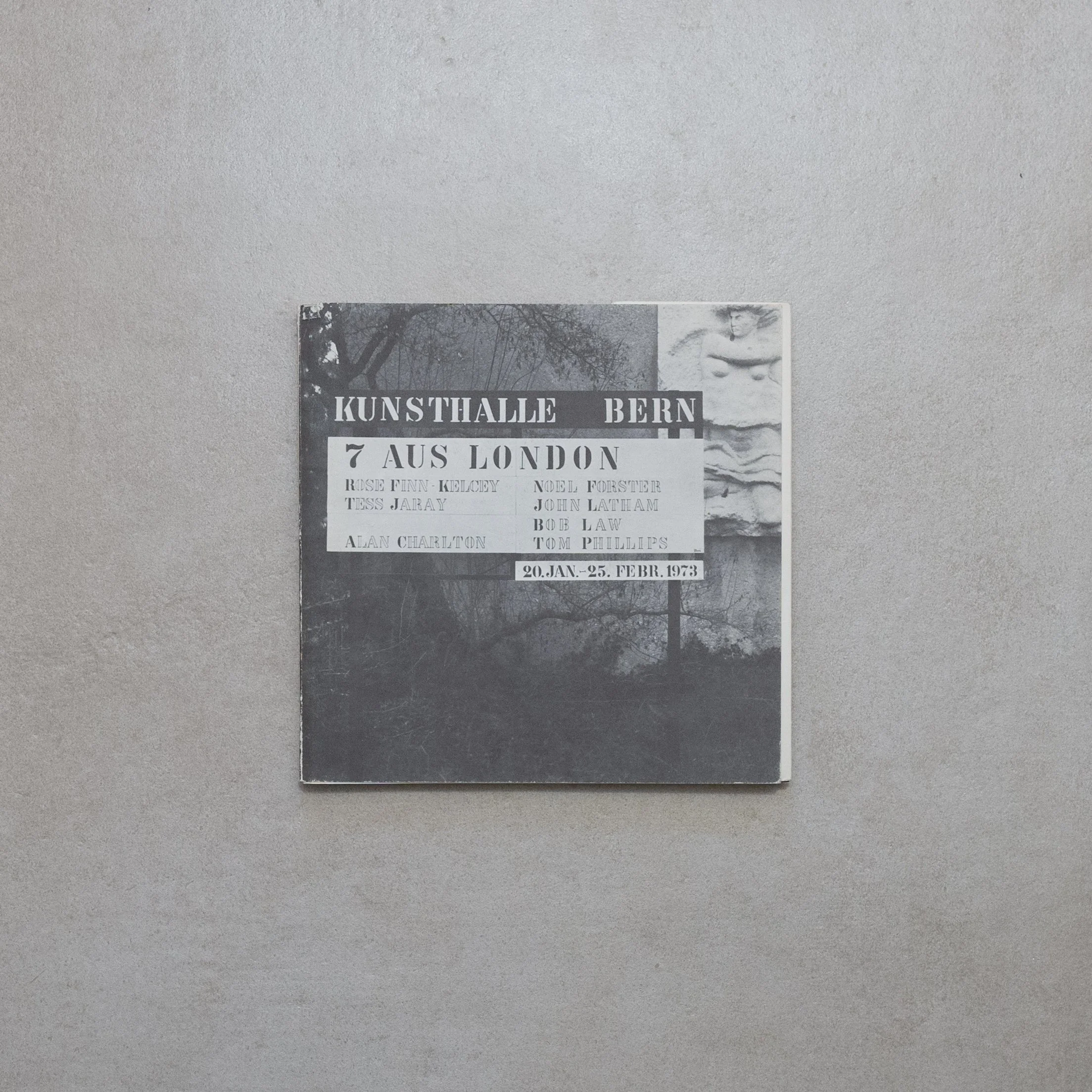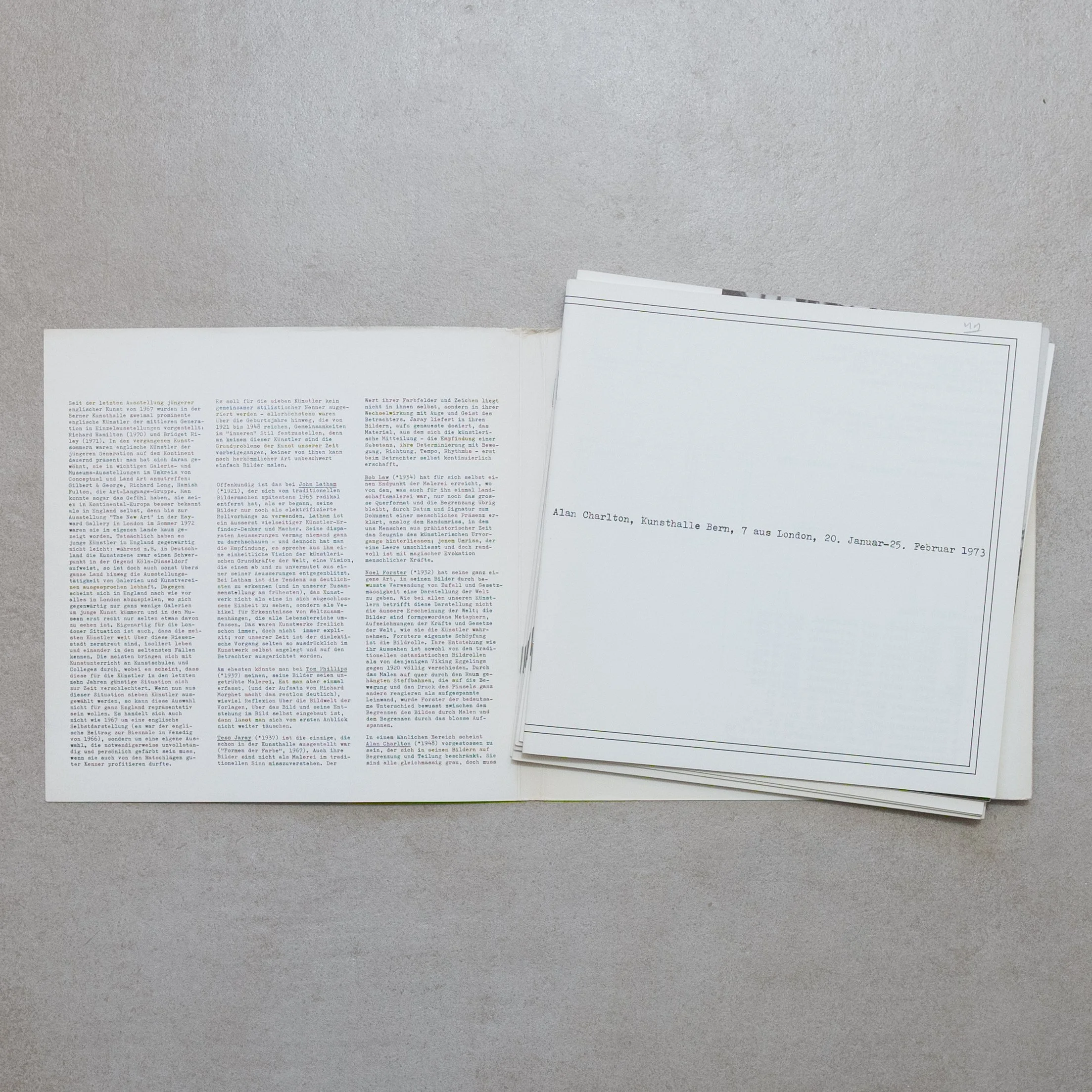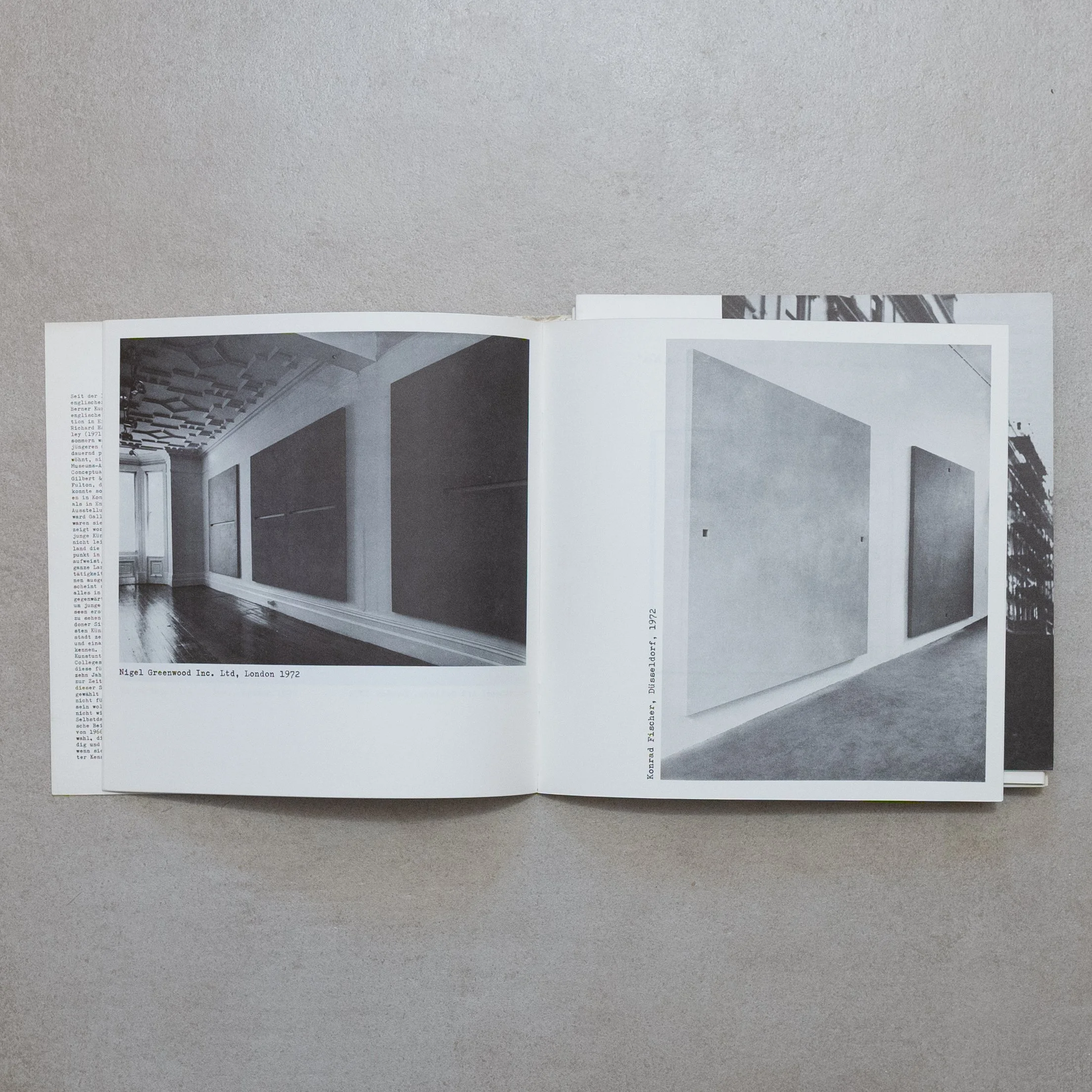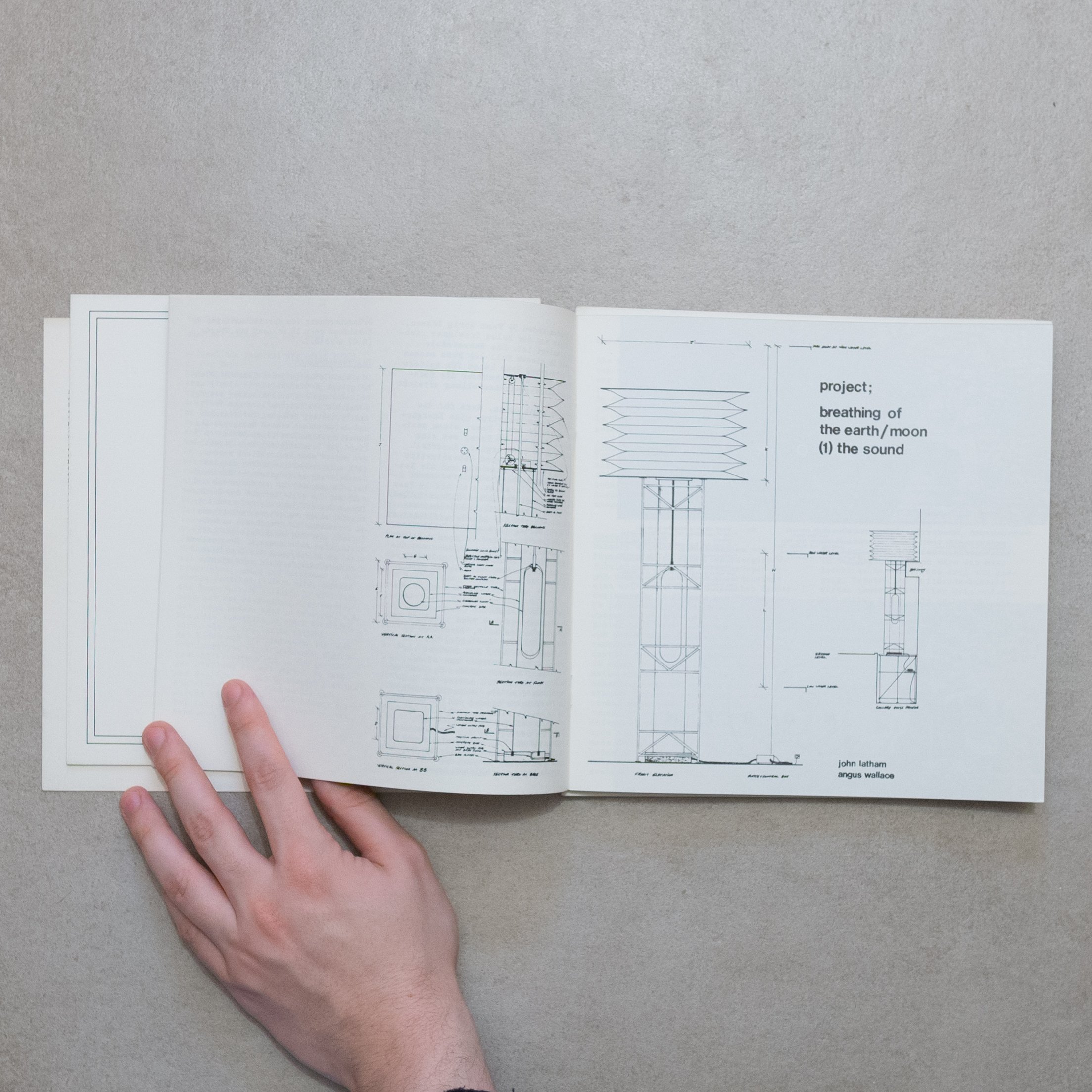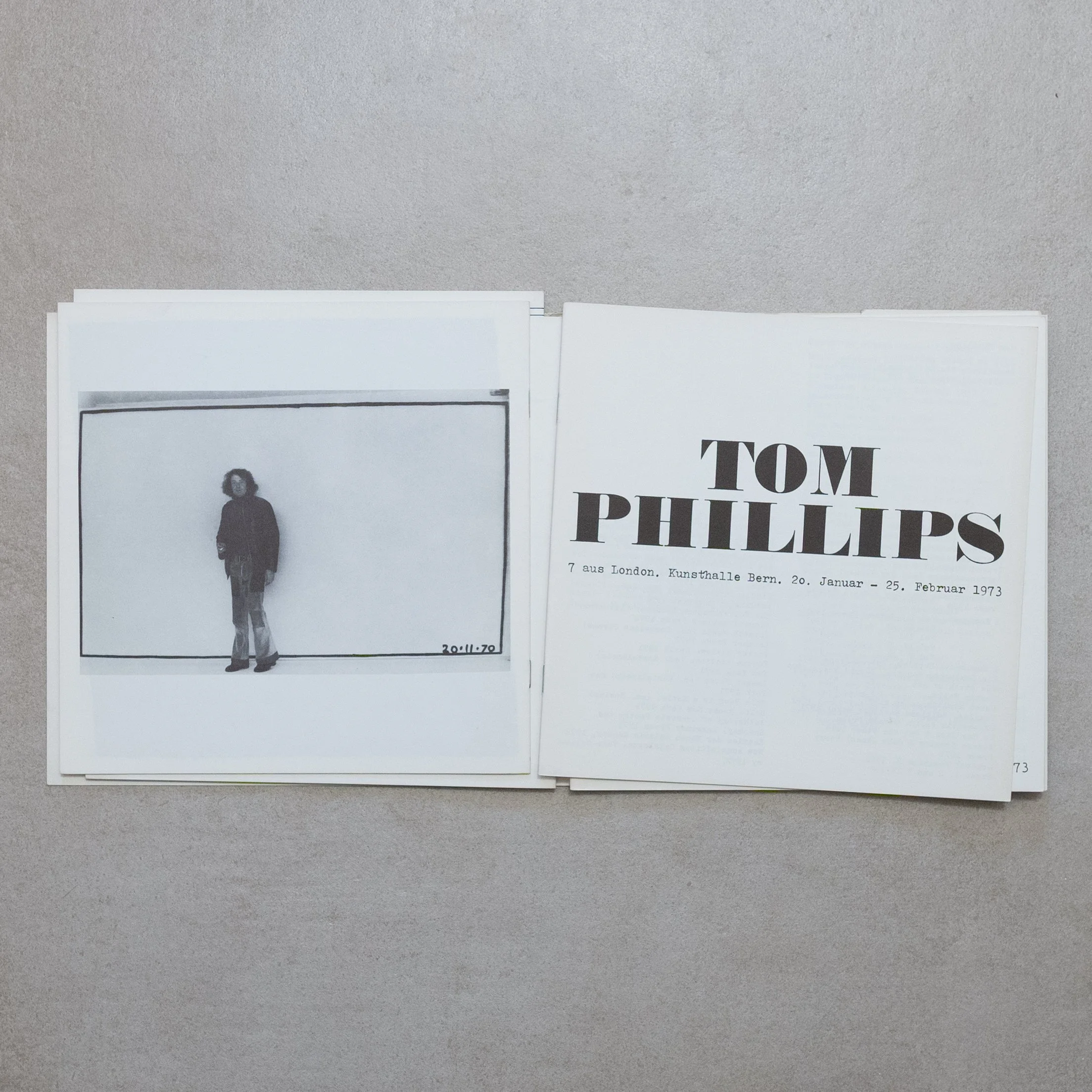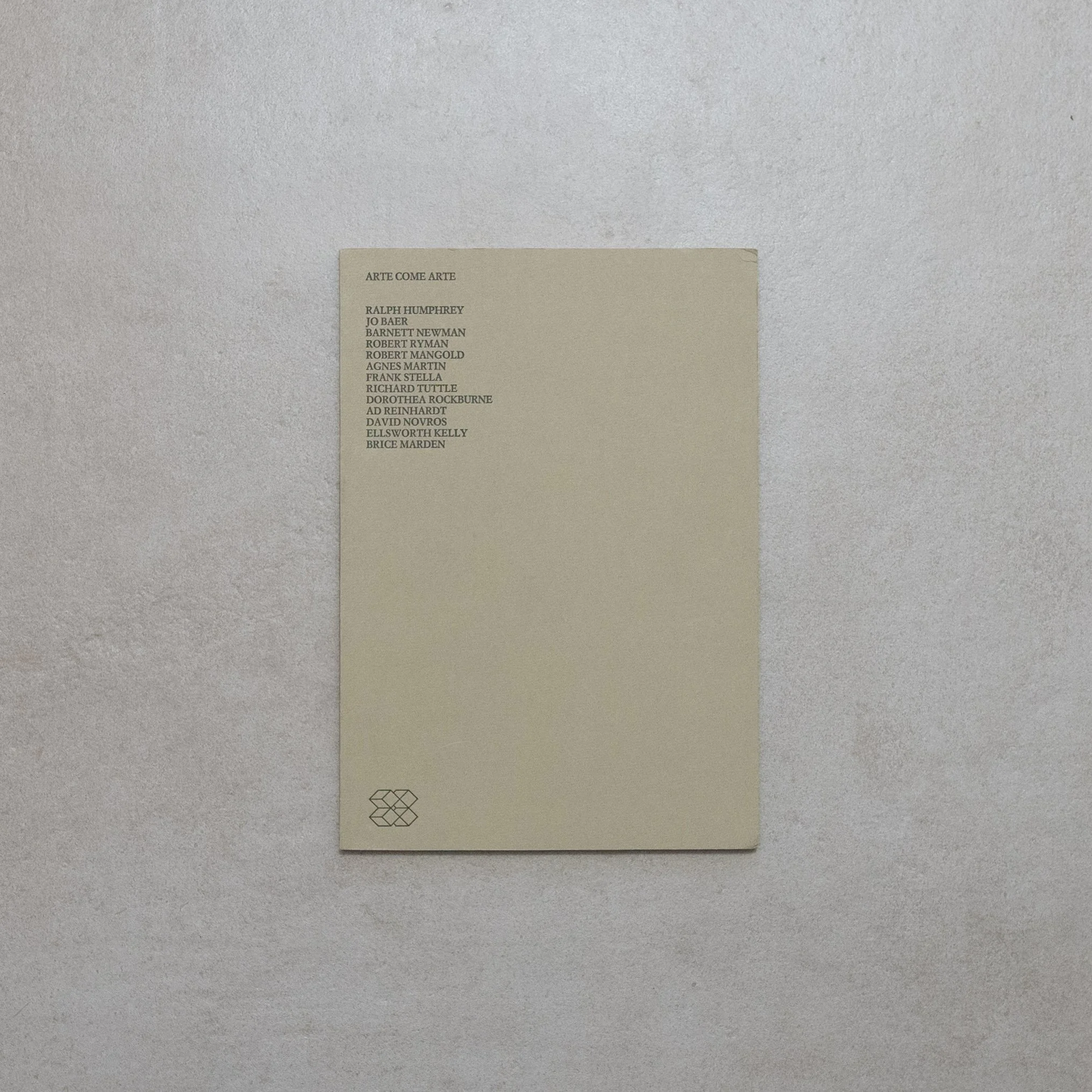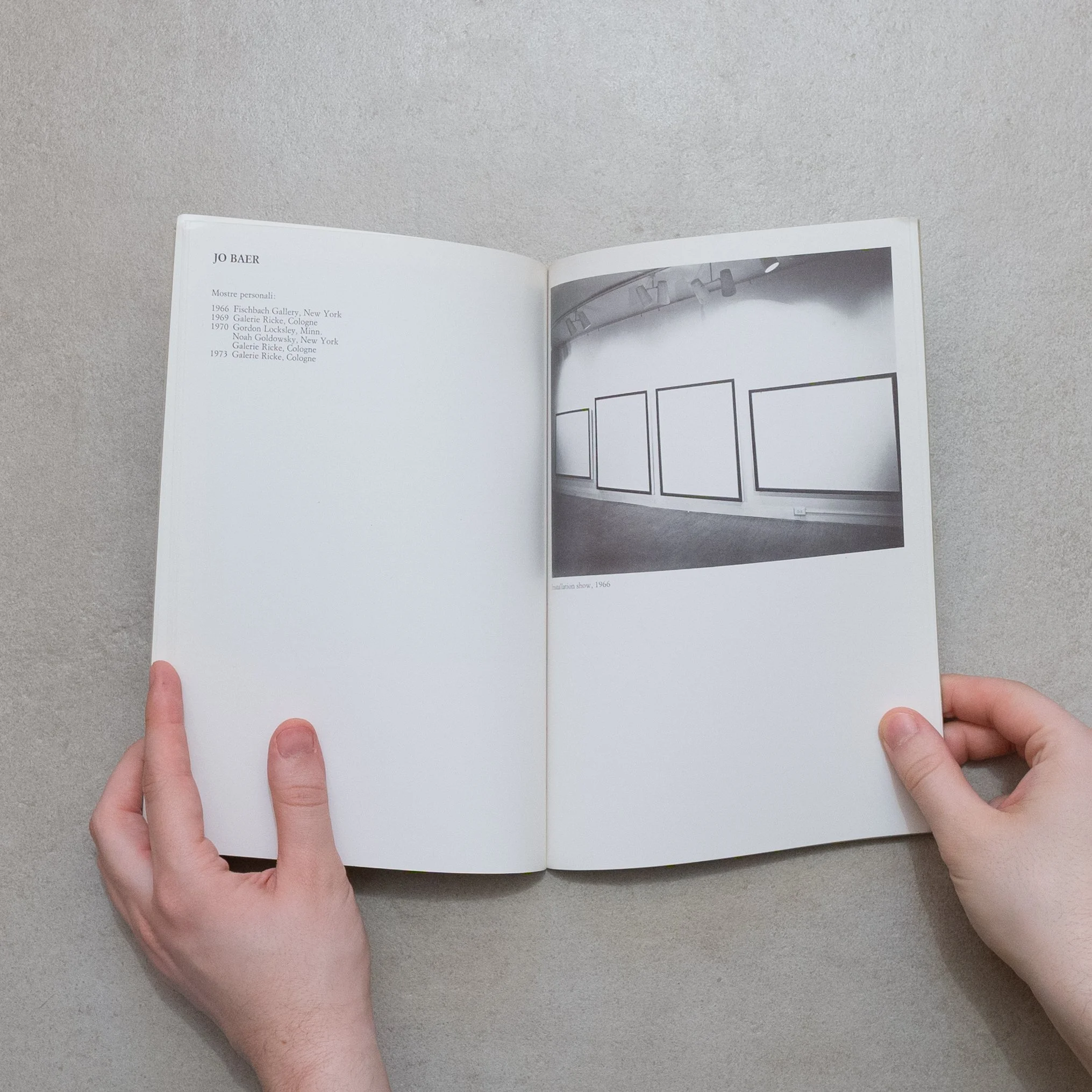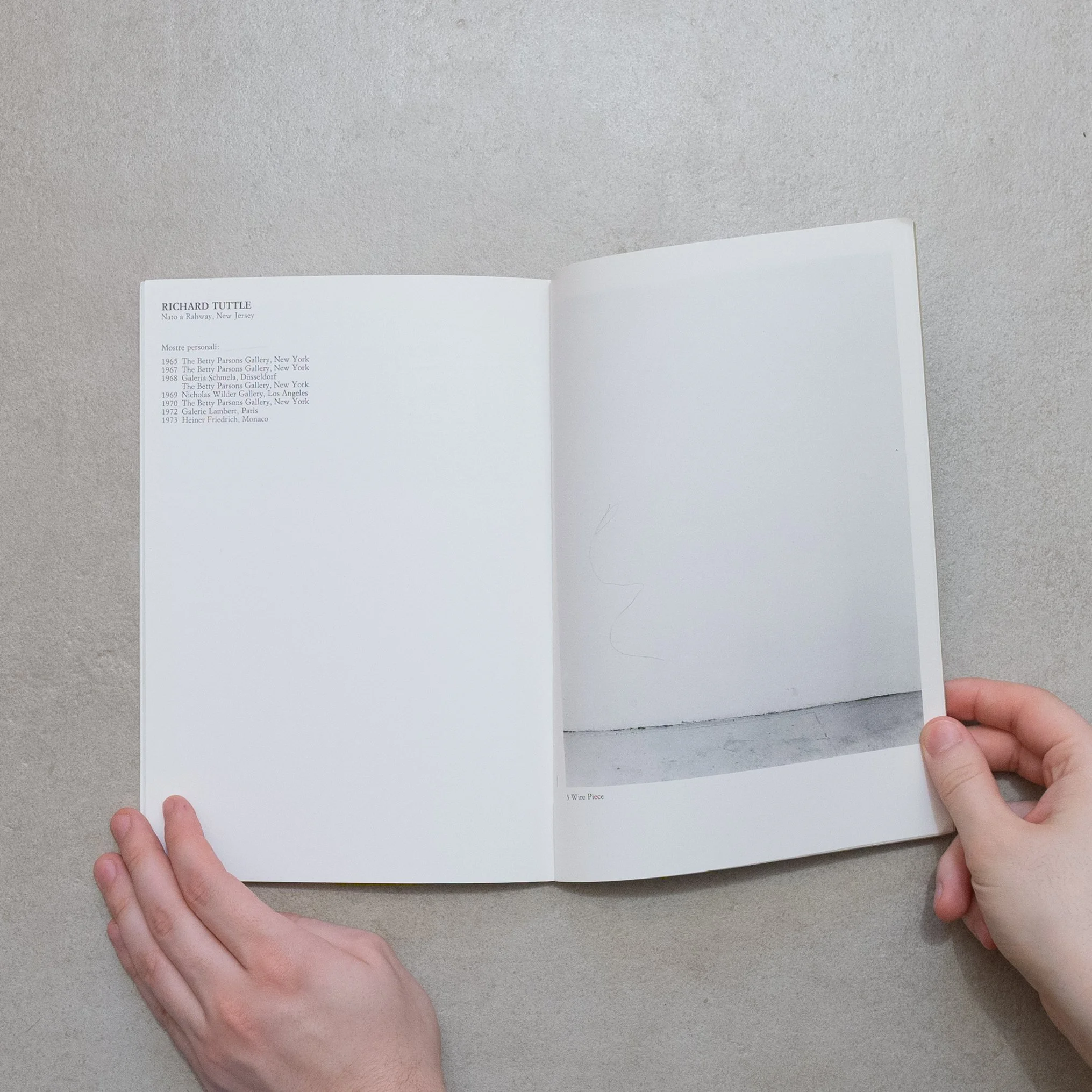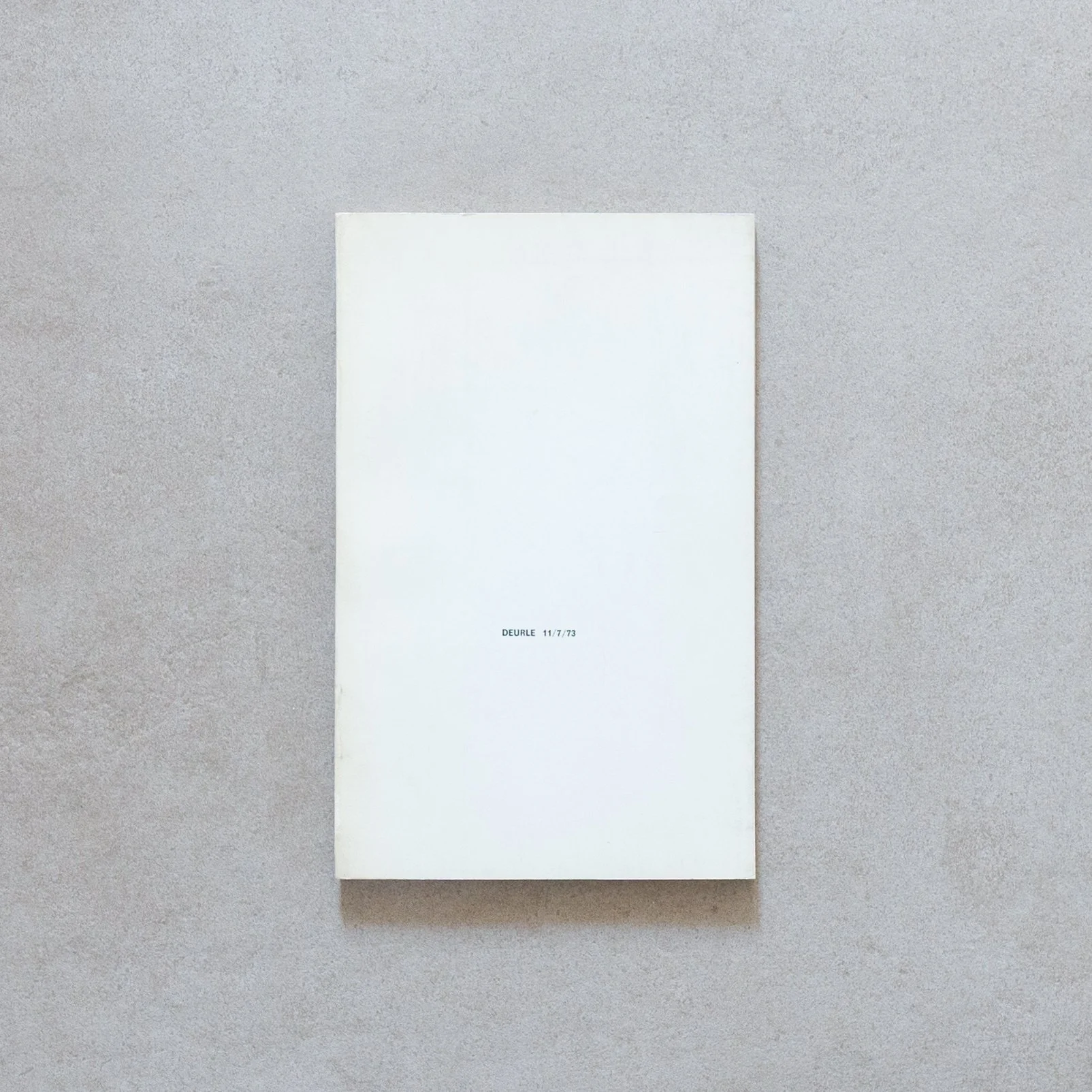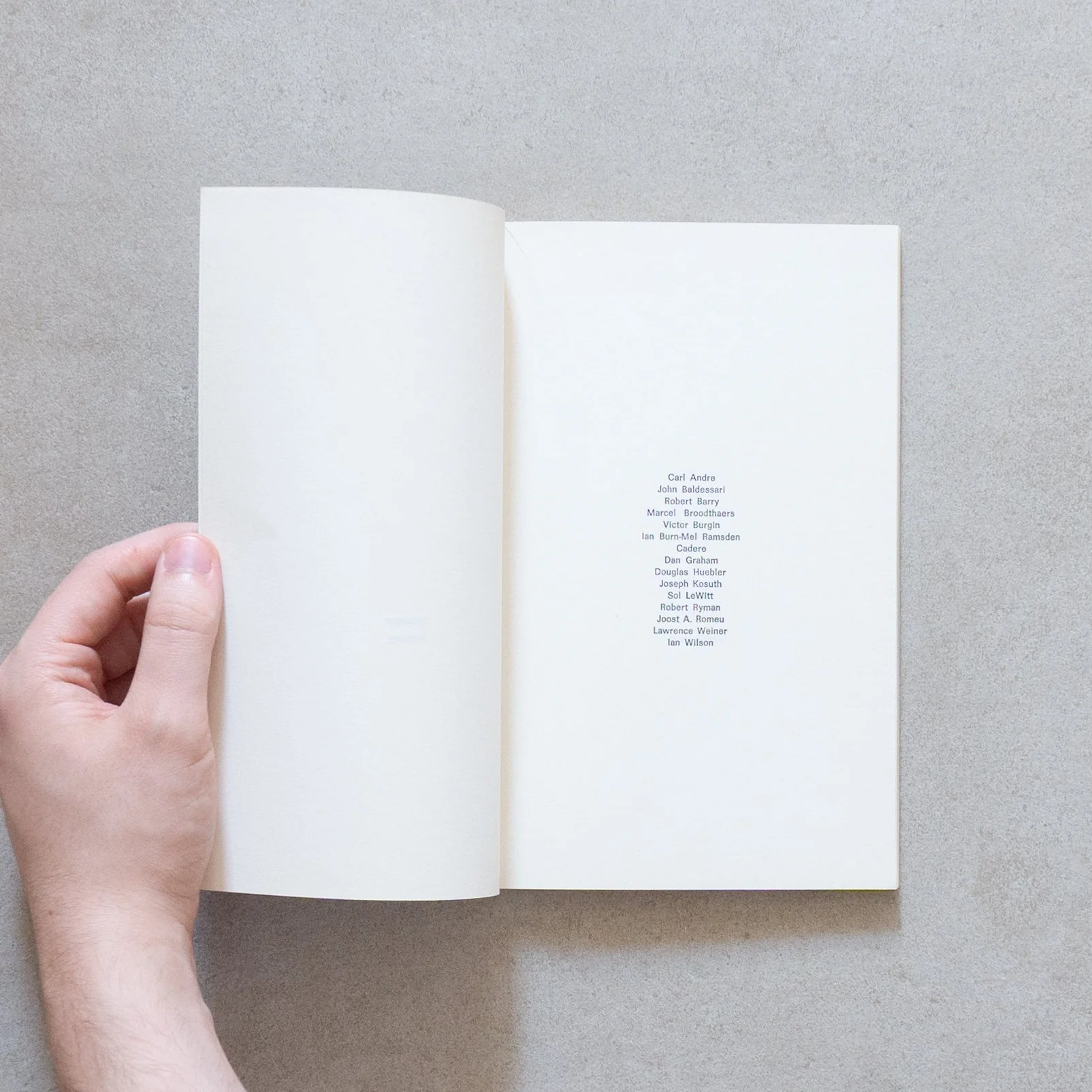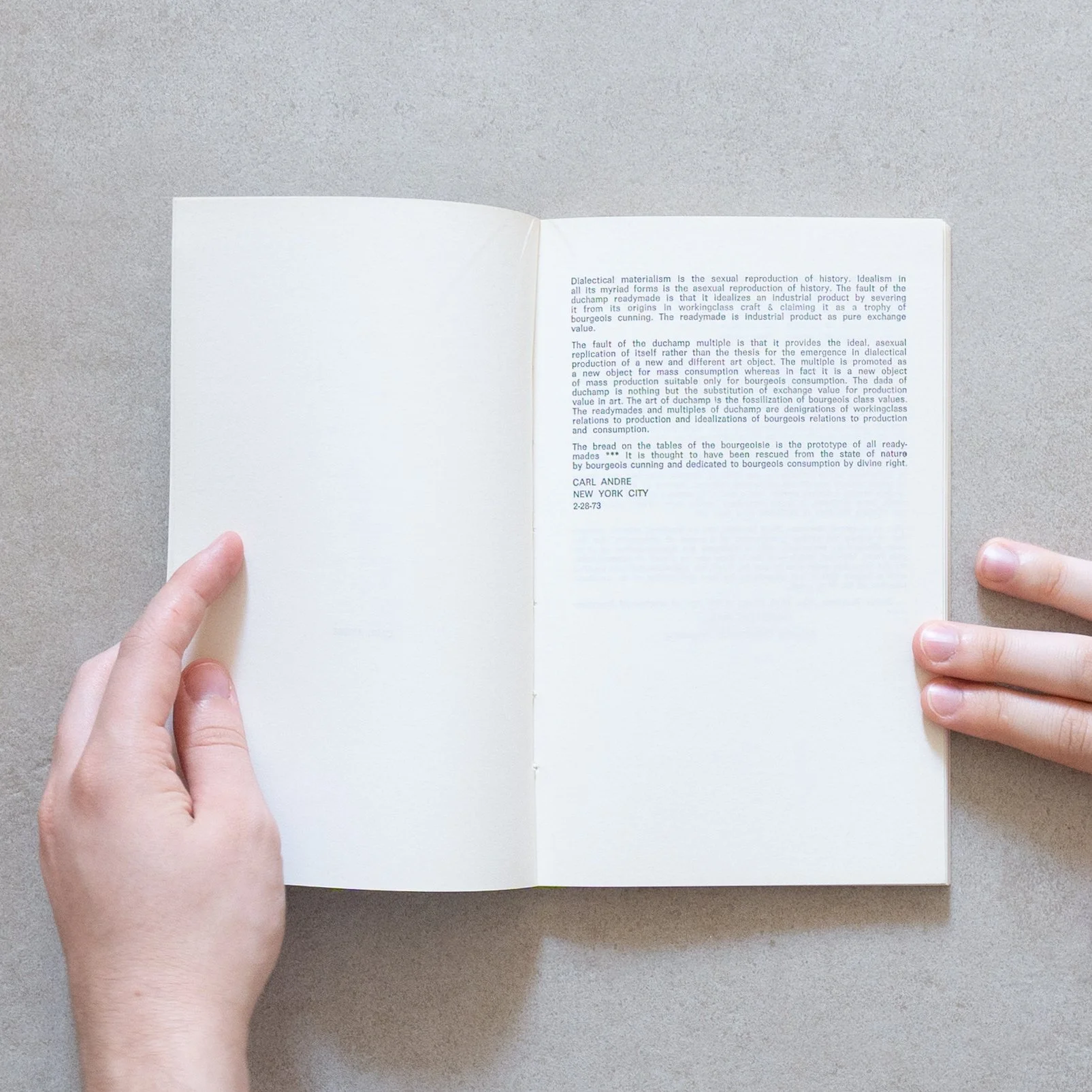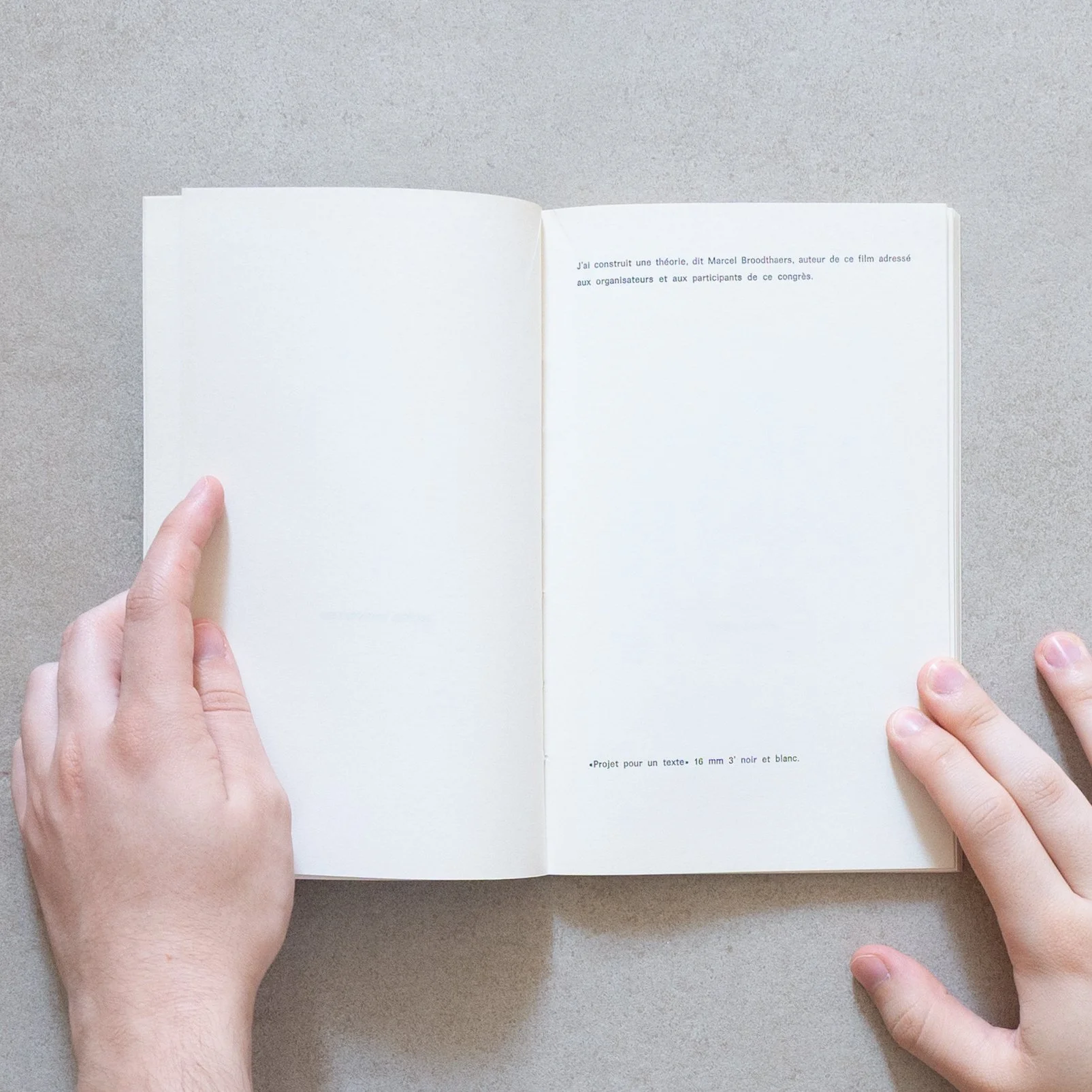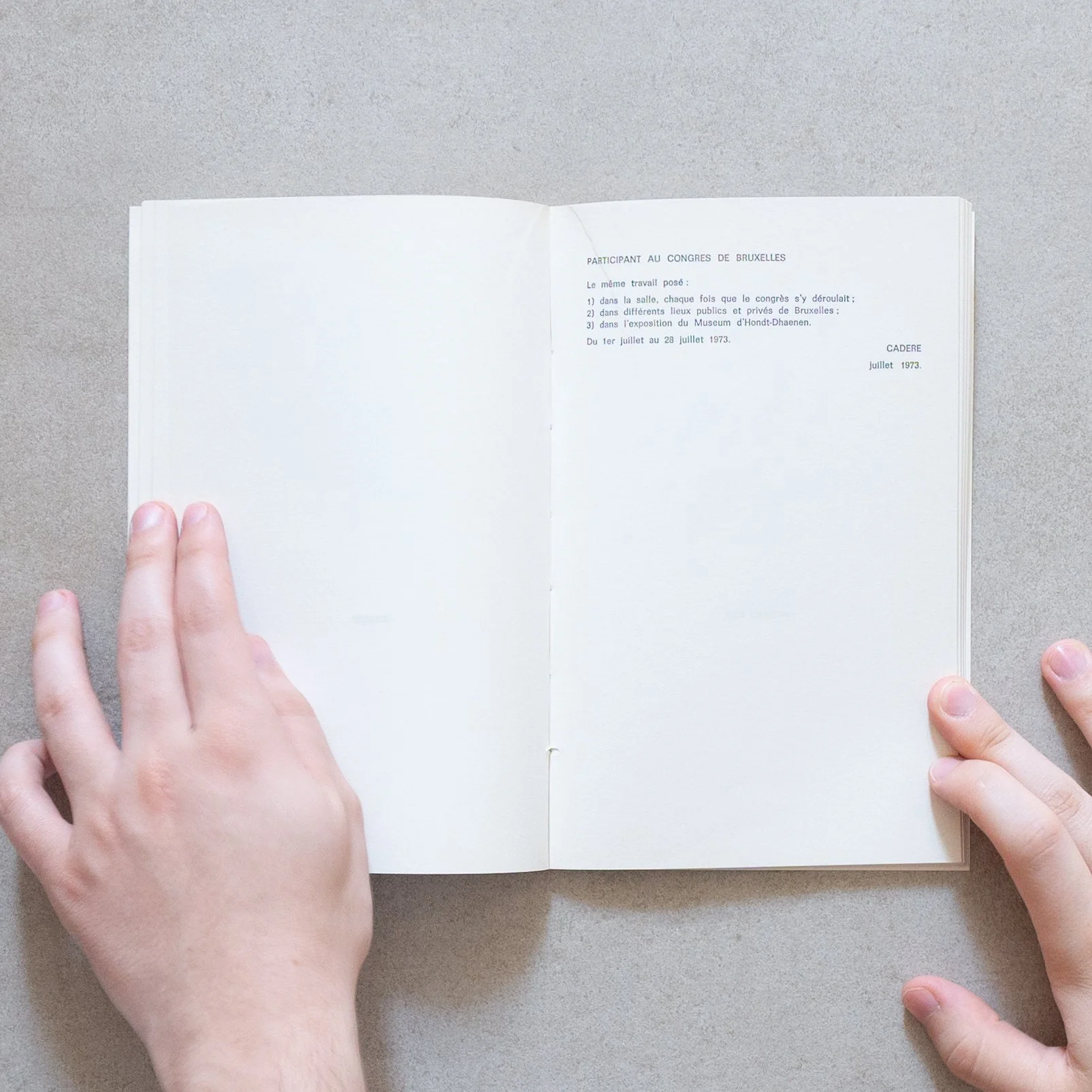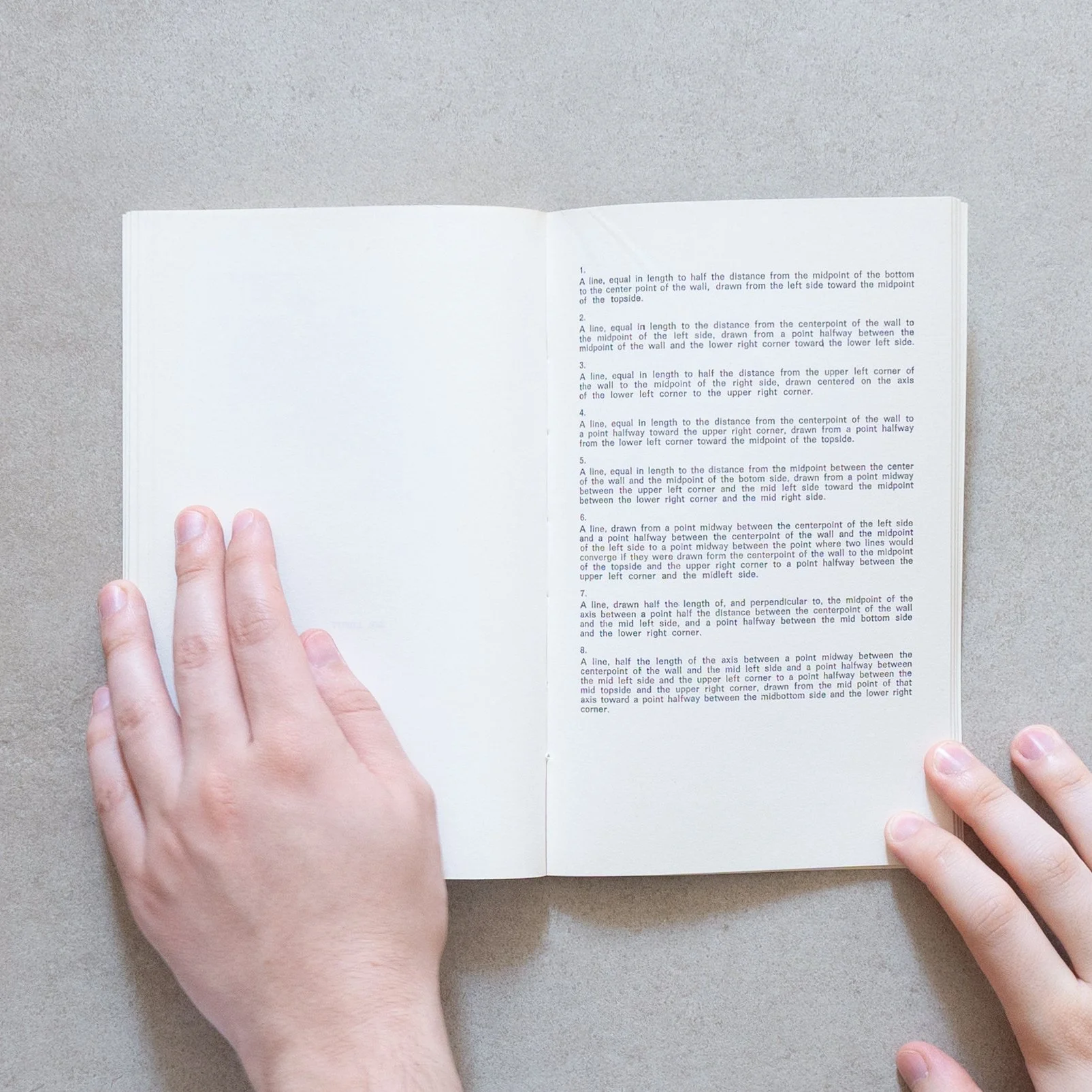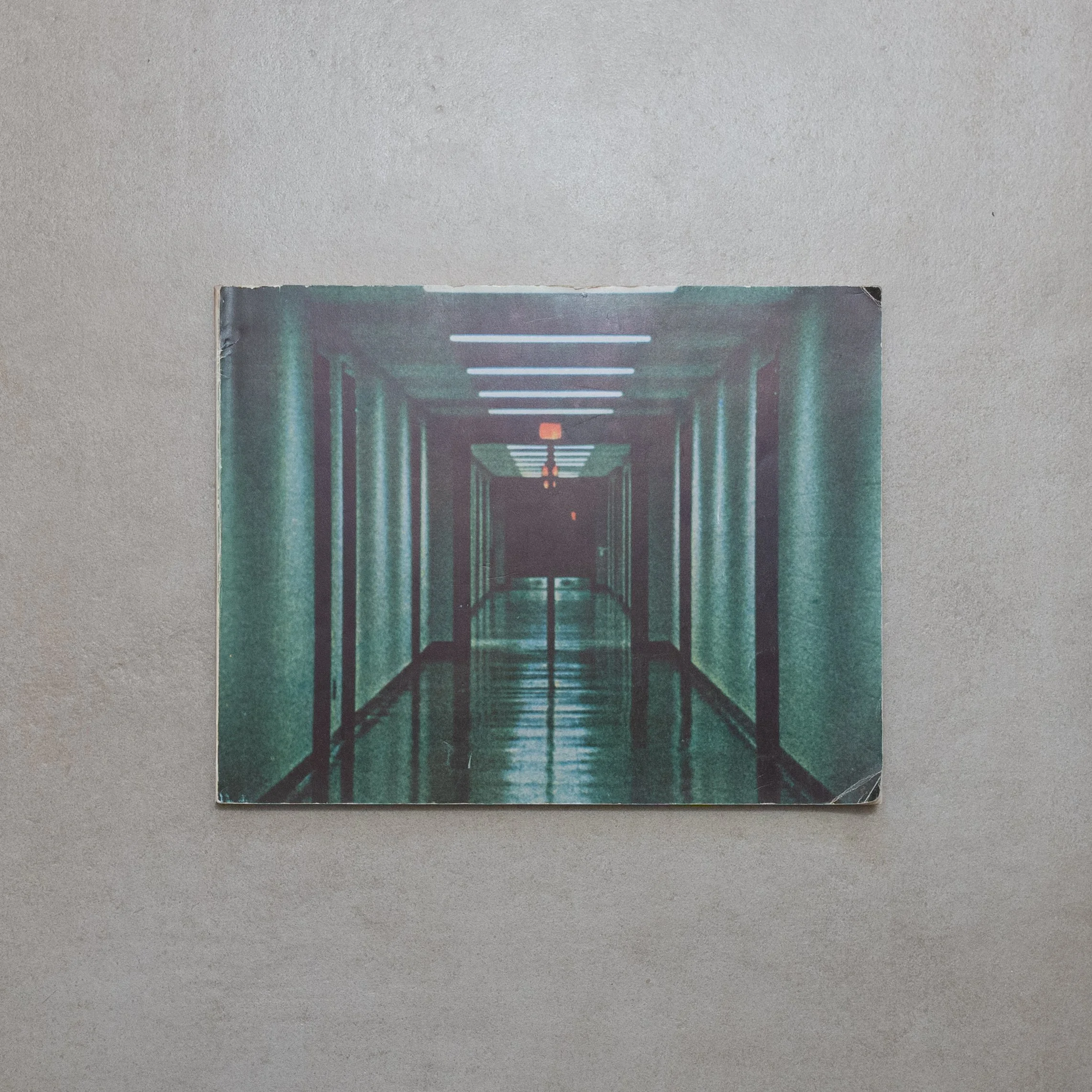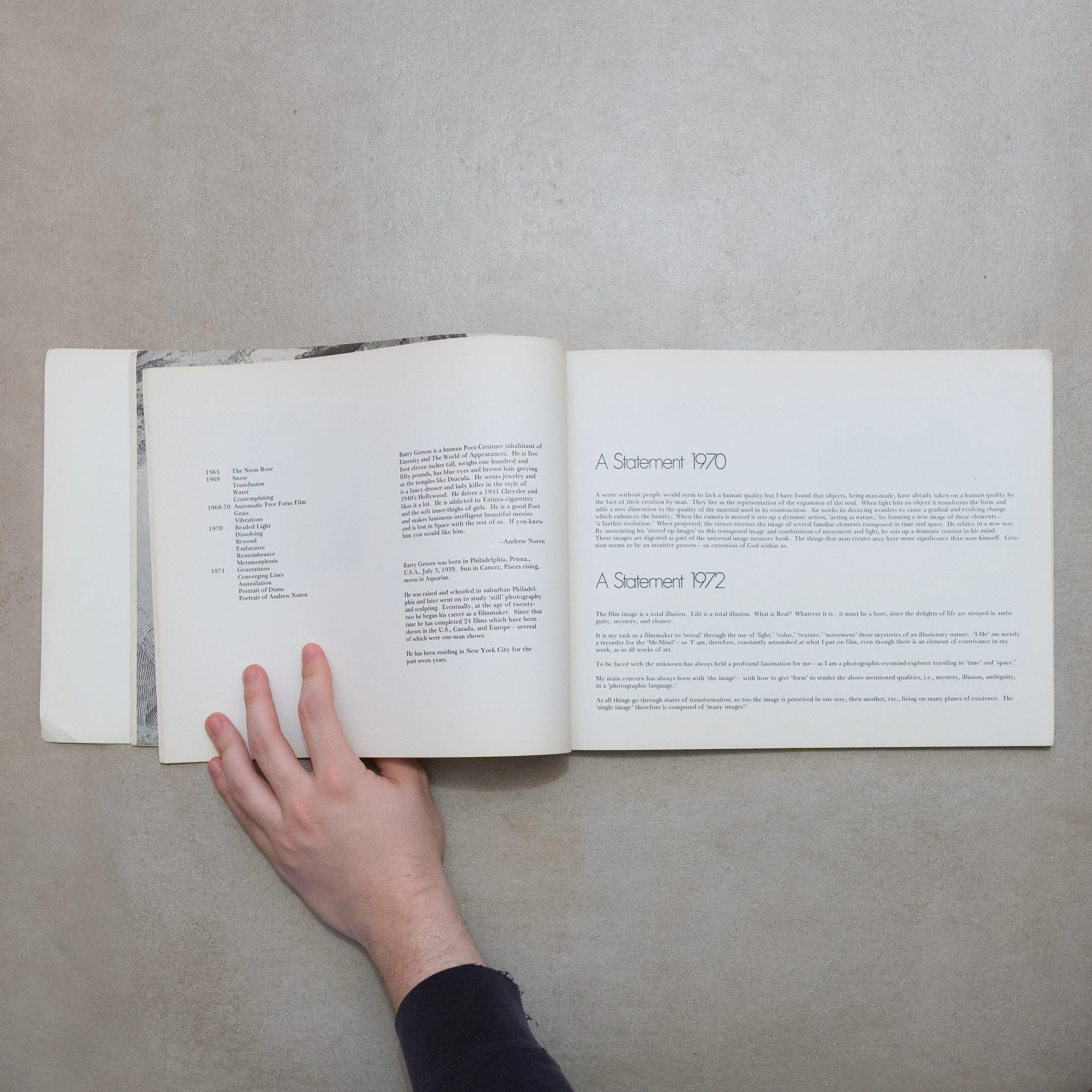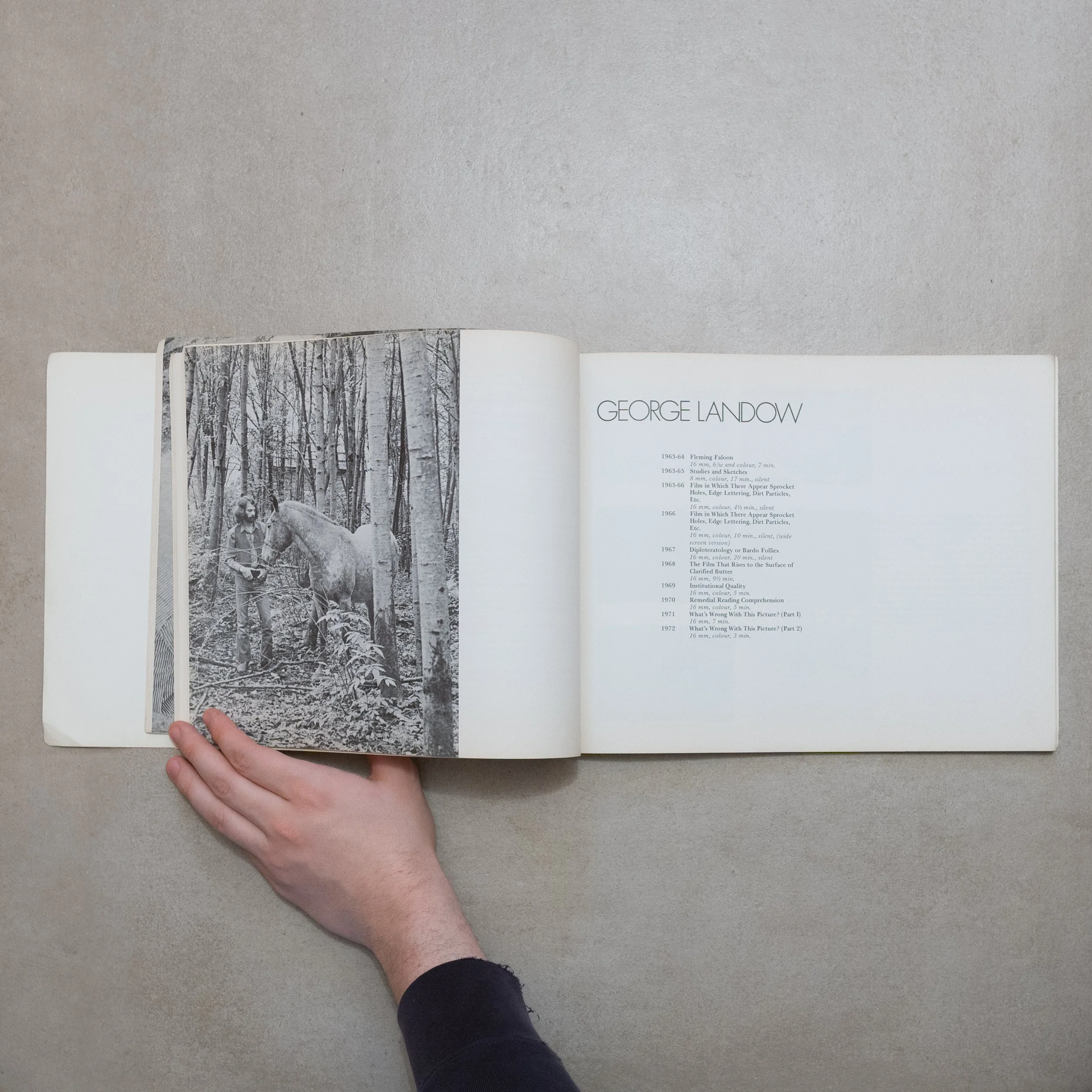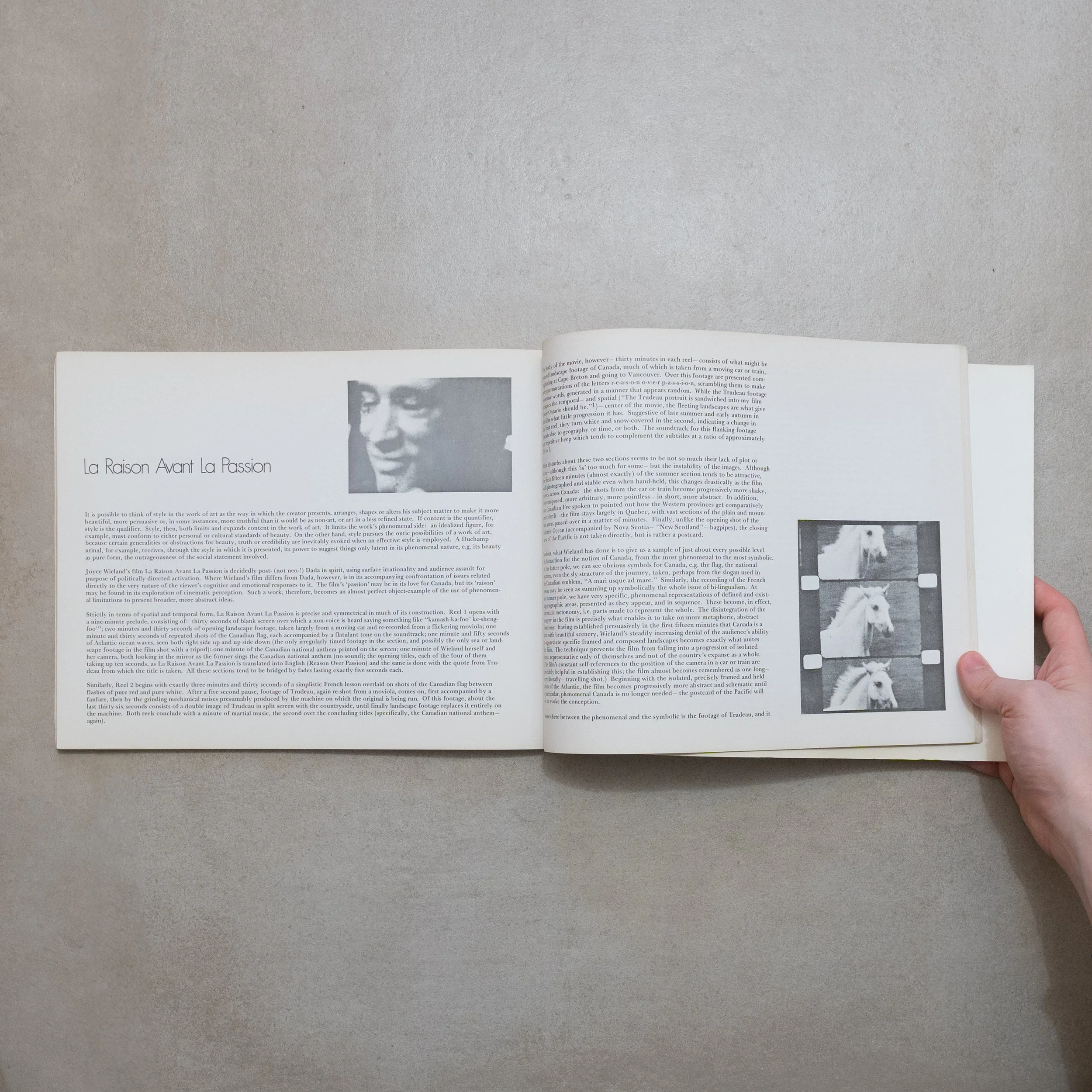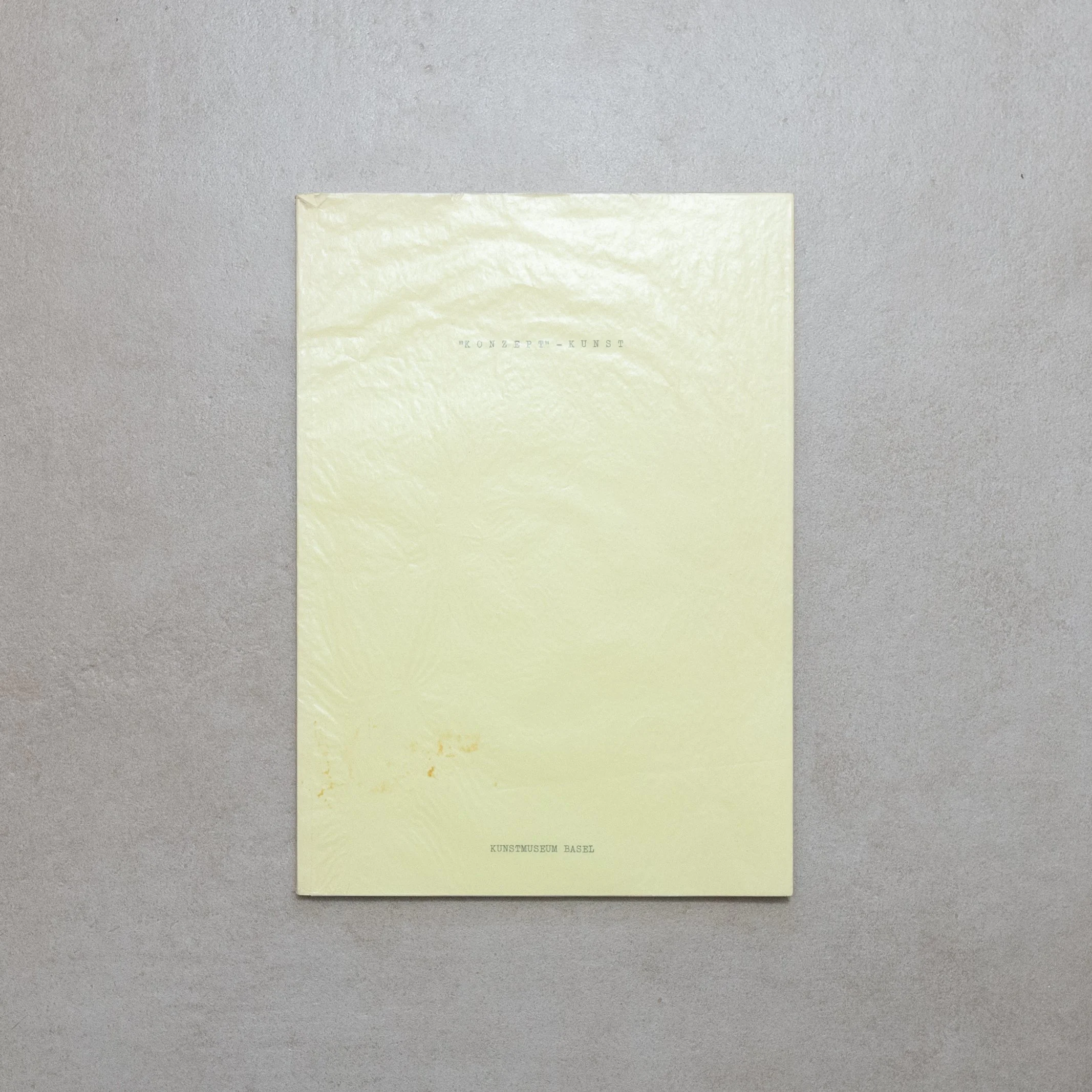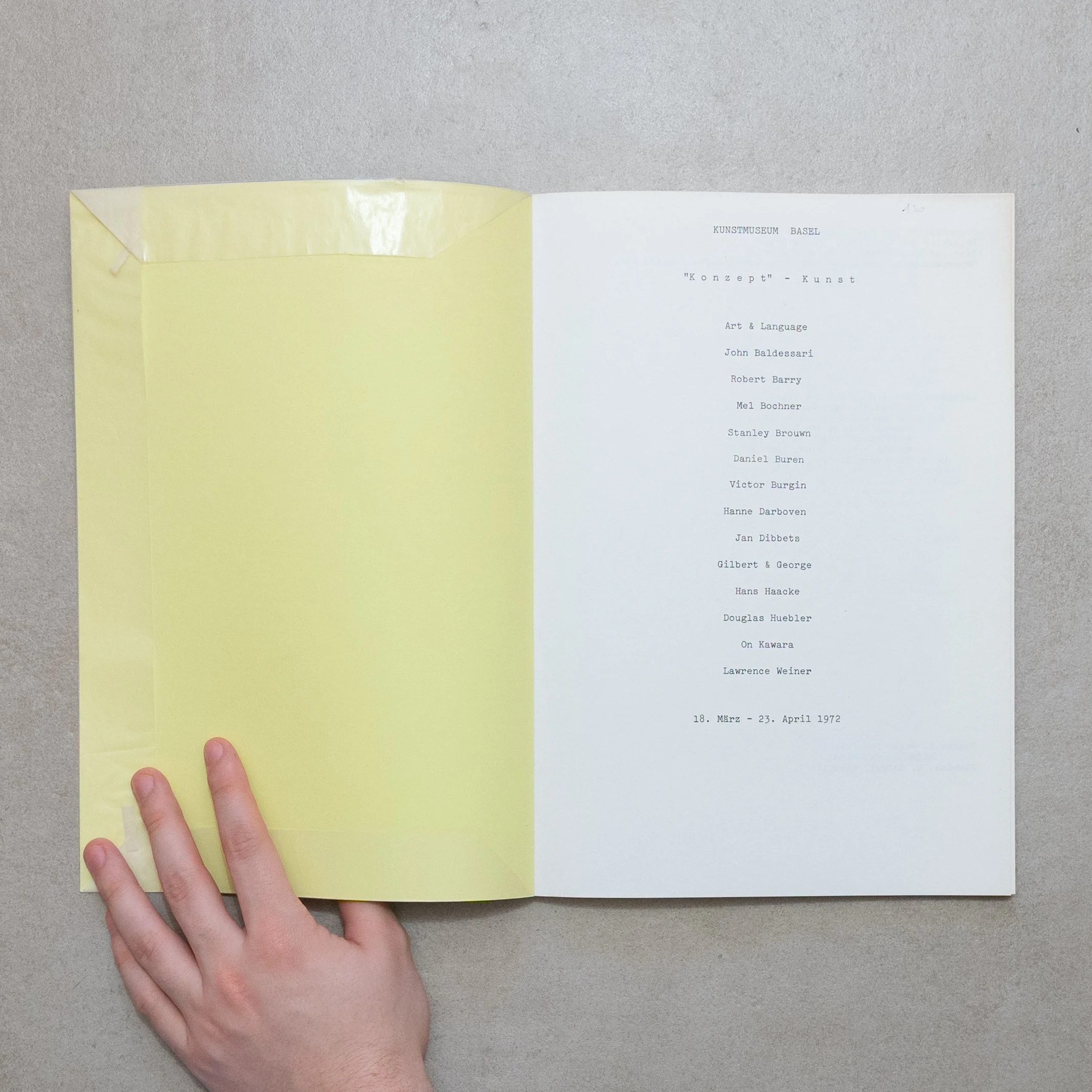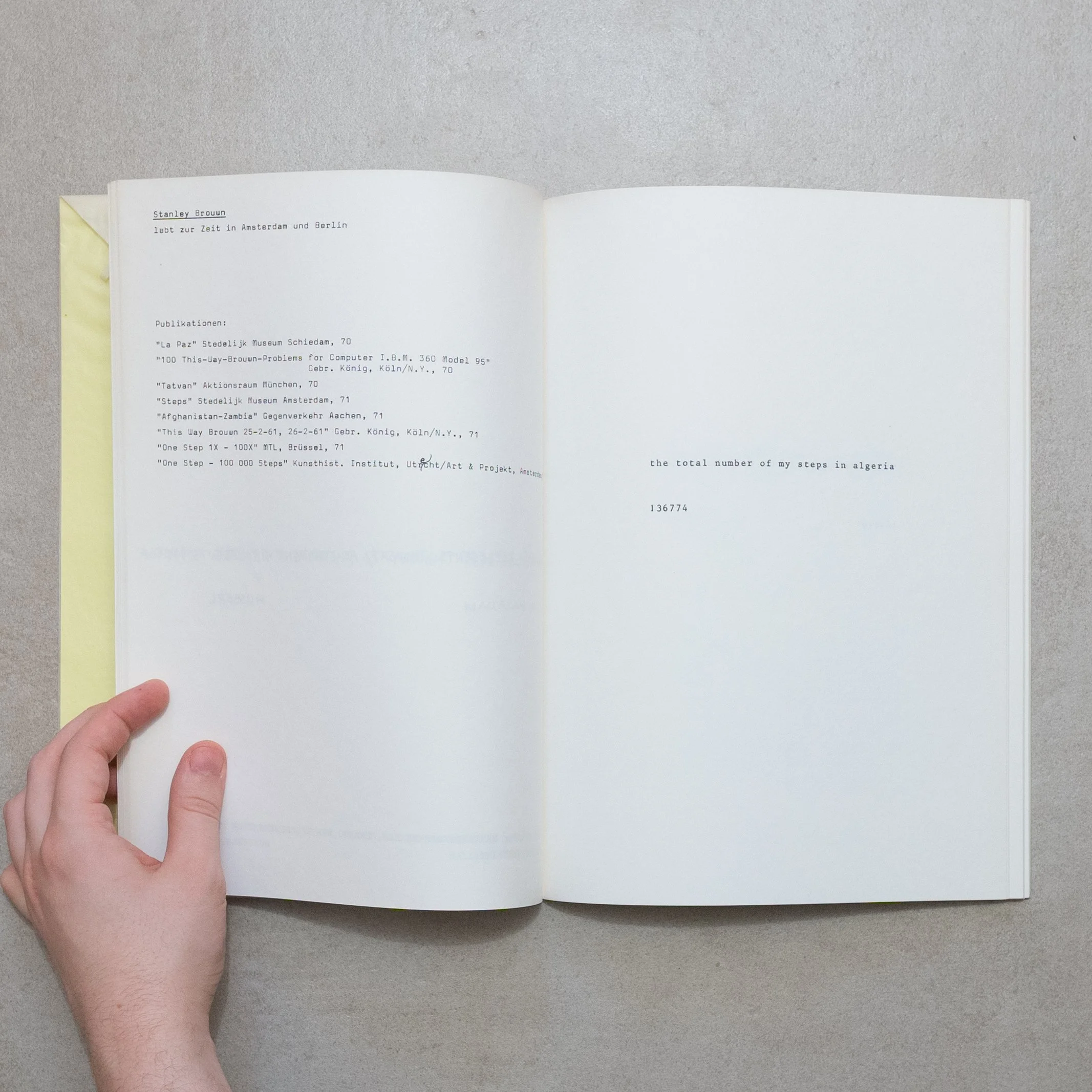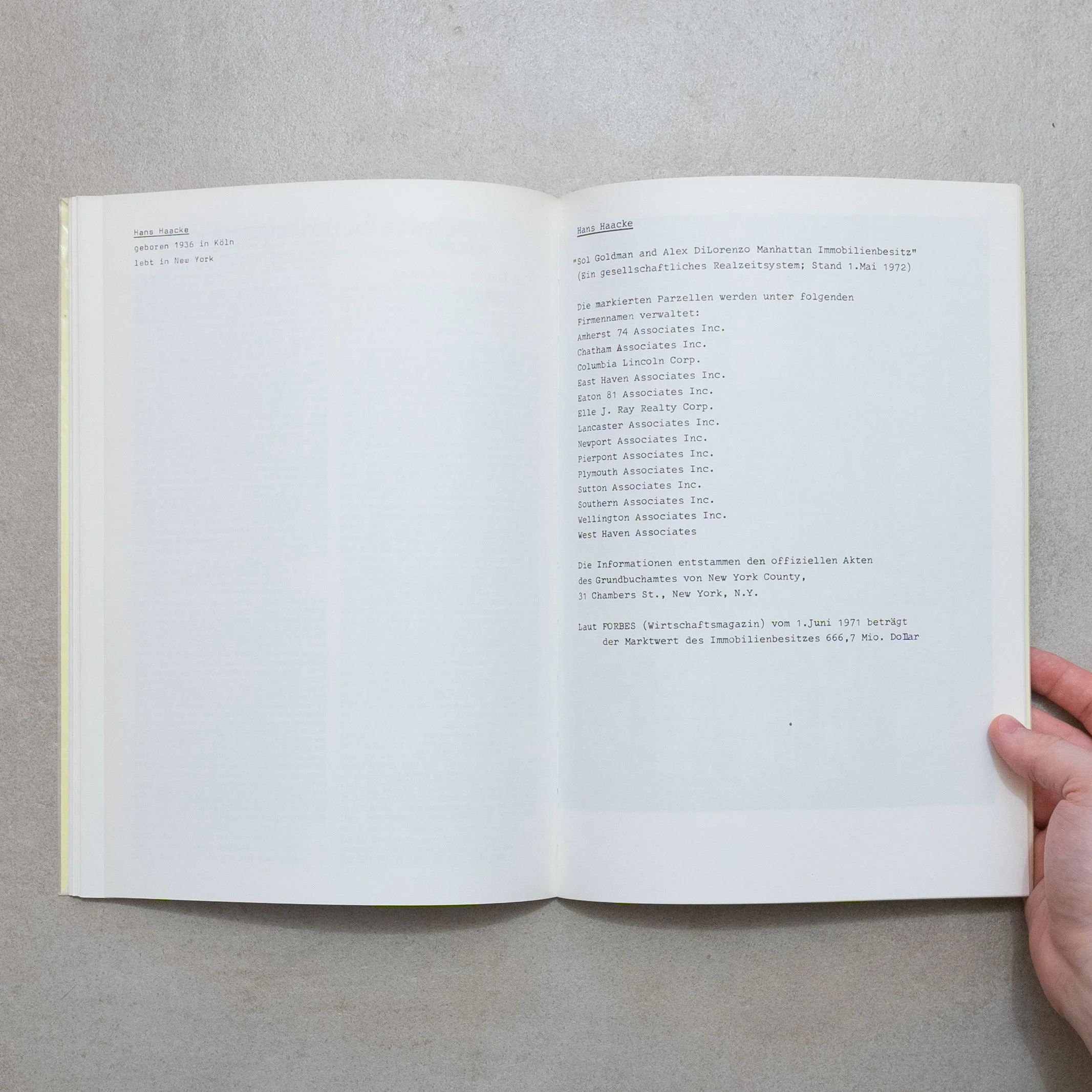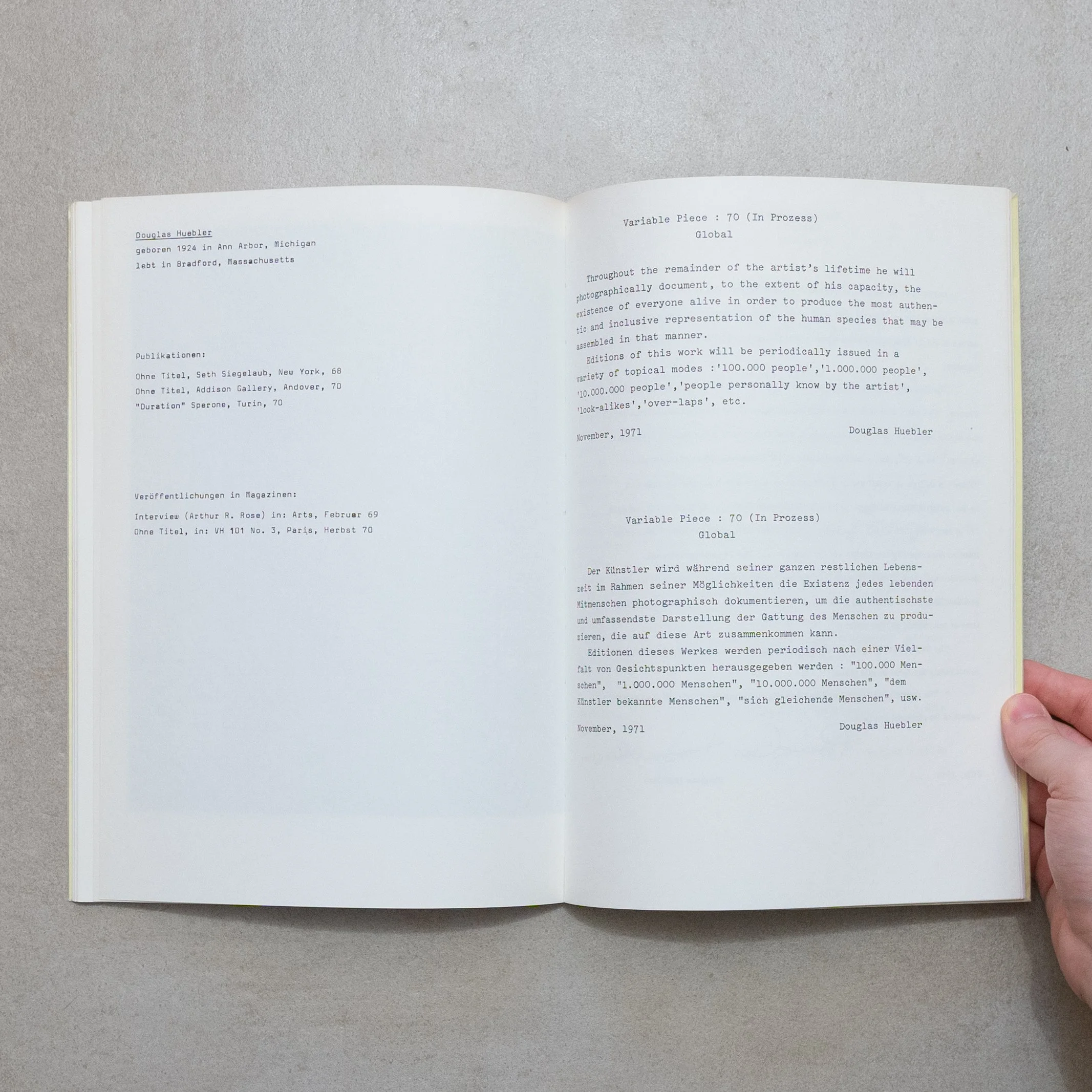"Kippenberger's large installation "The Happy End of Franz Kafka's 'Amerika'" is a key work for the understanding of his artistic intentions. It is, so to speak, his "opus magnum," his central work, the completion of which occupied him for more than three years. Photographs taken in his studio in St. Georgen give evidence of the gradual creation of the different elements for the future installation. Kippenberger said: "I had a table reconstructed at which (Robert) Musil wrote his novel 'Man Without Qualities, an endless story. Just as in the cycle of paintings 'The Raft of the Medusa, 'The Happy End of Franz Kafka's "Amerika'"' is a motion, a move into something else, a transition. In 'The Happy End of Franz Kafka's "Amerika' it is the different decades; everybody certainly remembers one of the chairs, which embodies for you this or that, and you are back in that time, it's like a visual reference book. By means of the tables and the eight books which were published in Rotterdam on the occasion of the exhibition, people can make up their own conversations or interviews which cross their minds. Suddenly you have different ideas and can tell yourself a story." extract from the essay by Rudolf Schmitz







